Soapbox Science 2025

Scientist speaking to group in Victoria Park
Event Details
Soapbox Science is coming to Kitchener-Waterloo! On Sunday, May 25, 2025 from 1-4pm, some of our leading scientists take to their soapboxes in Victoria Park to showcase their research to the general public. The event’s mission: to help eliminate gender inequality in science by raising the profile, and challenging the public’s view, of women and non-binary people in science. These interactive, engaging talks encourage everyone to learn more about science. Questions are welcome! We will be near the playground and water park.
The event is free, no registration required.
Speakers
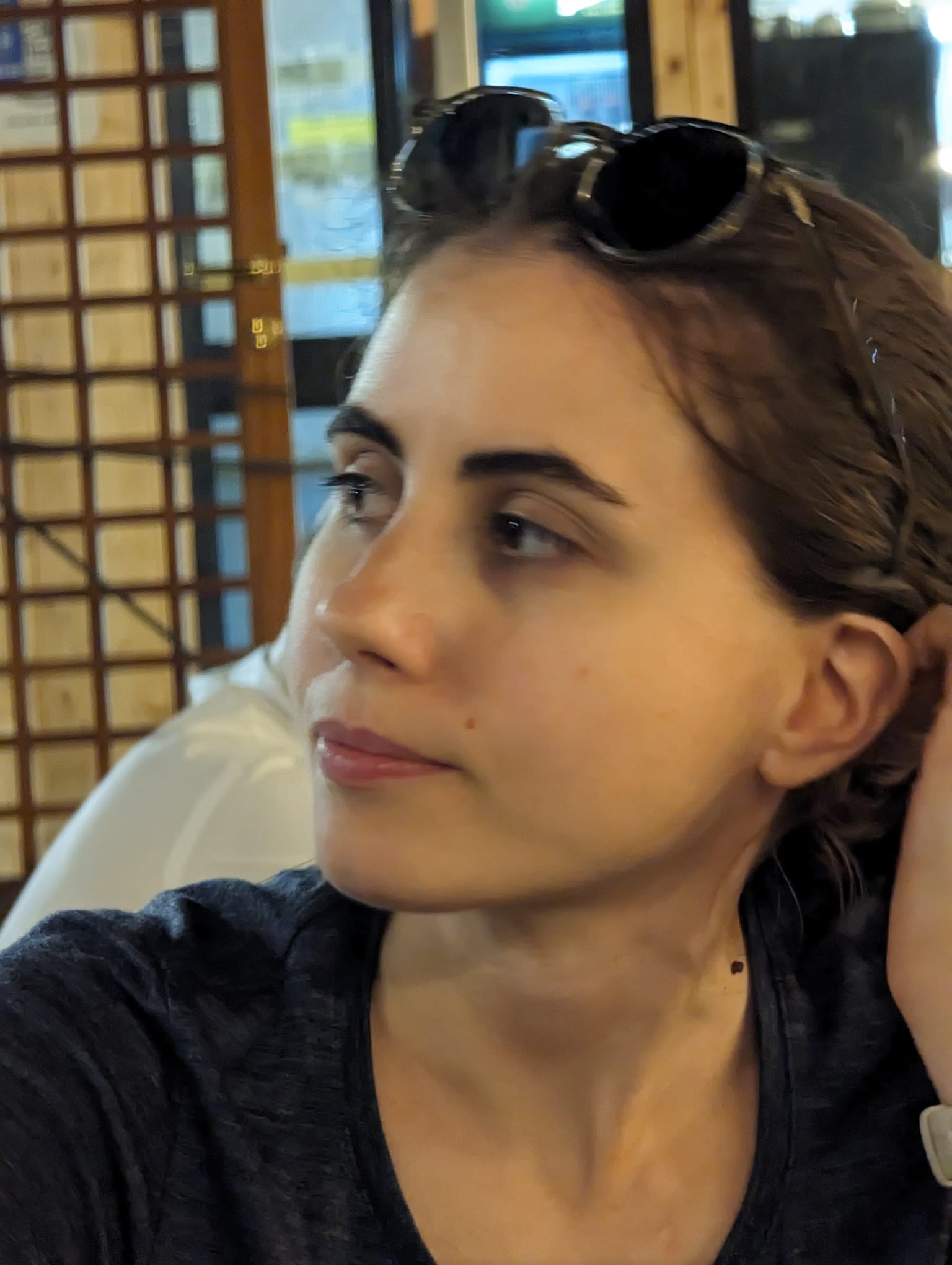
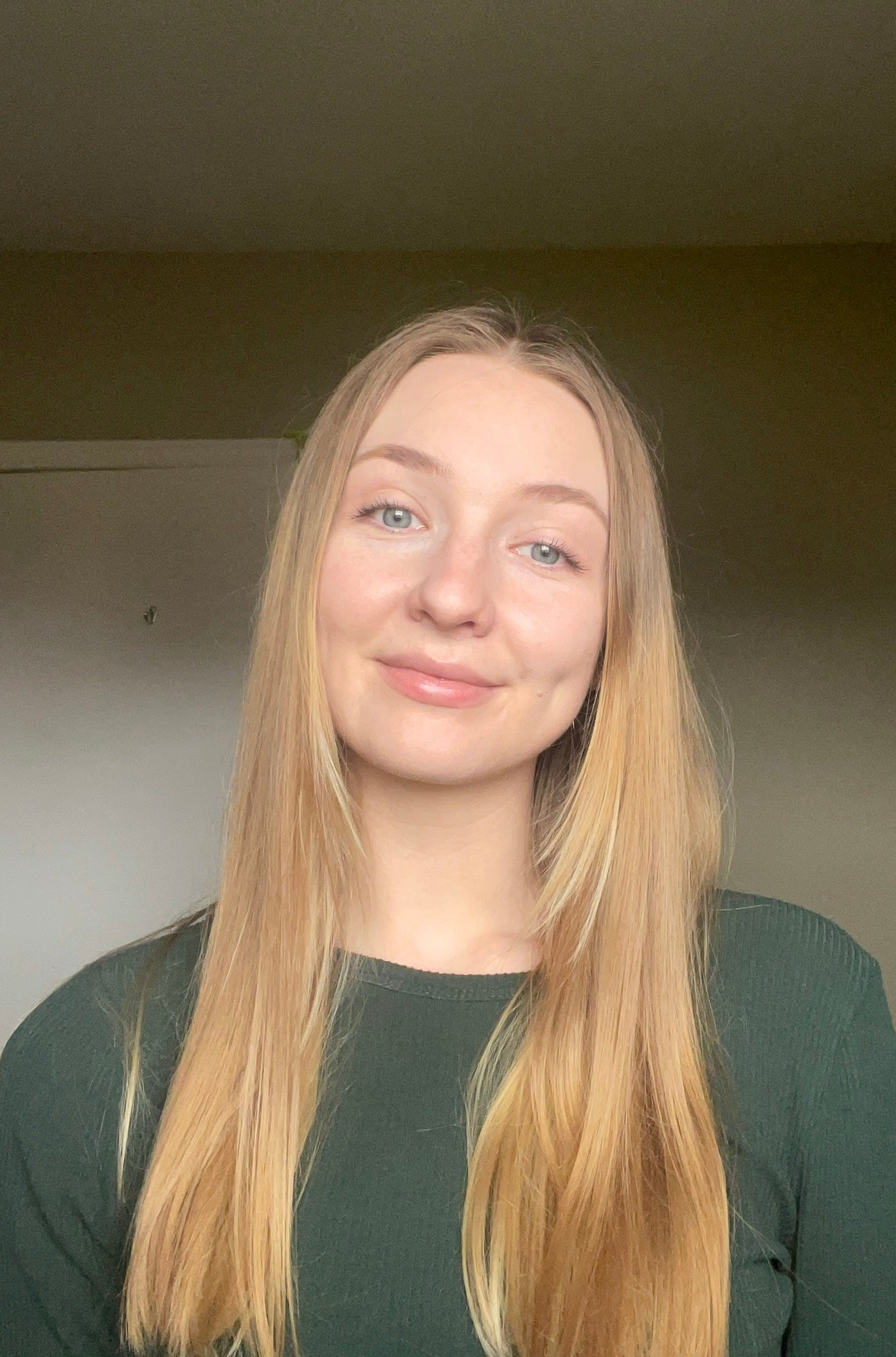

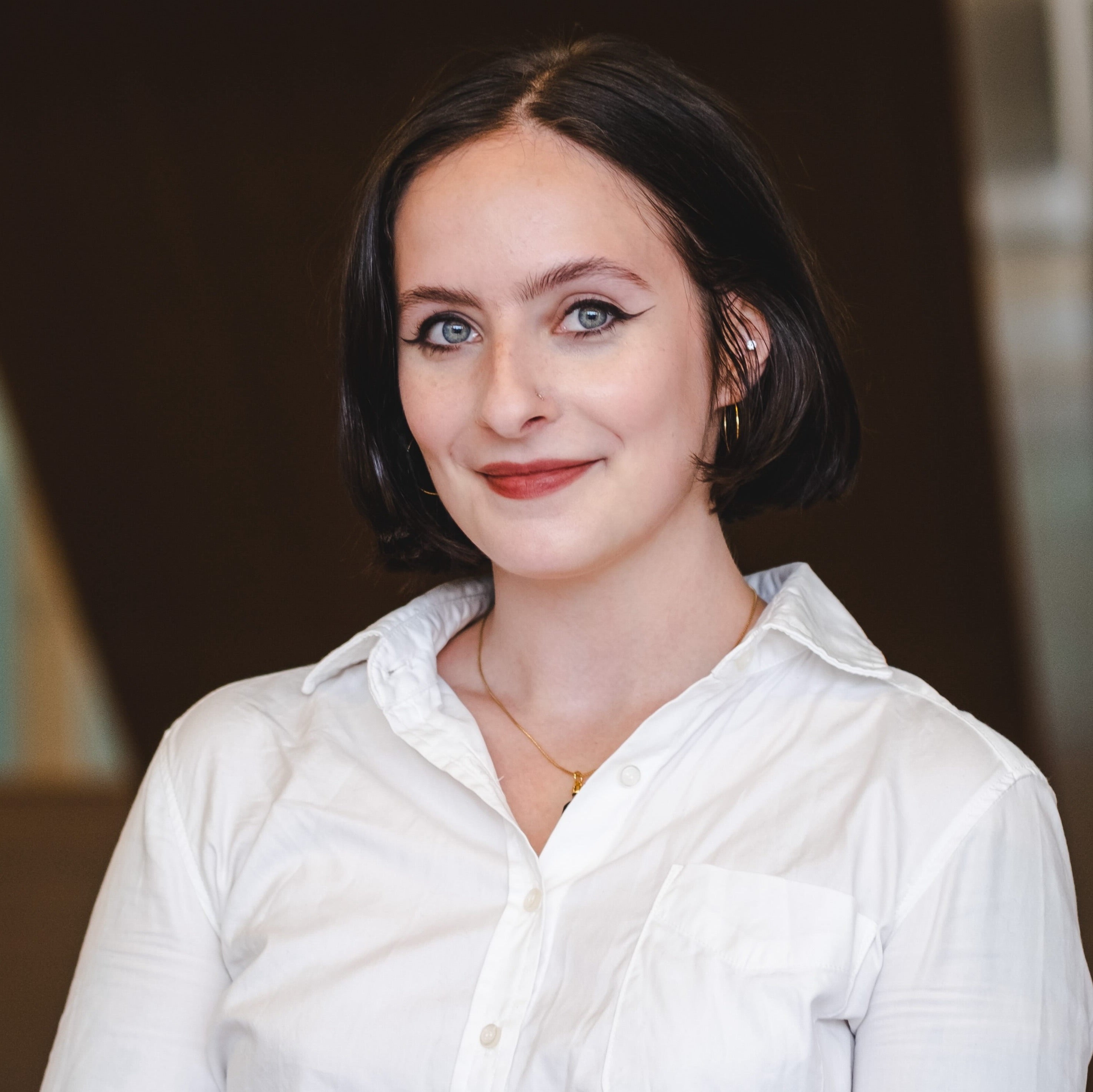

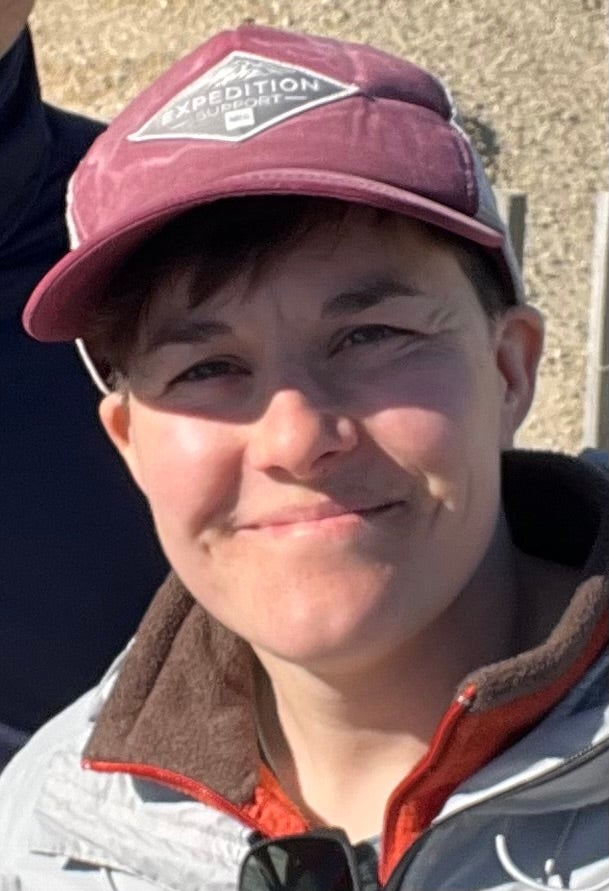
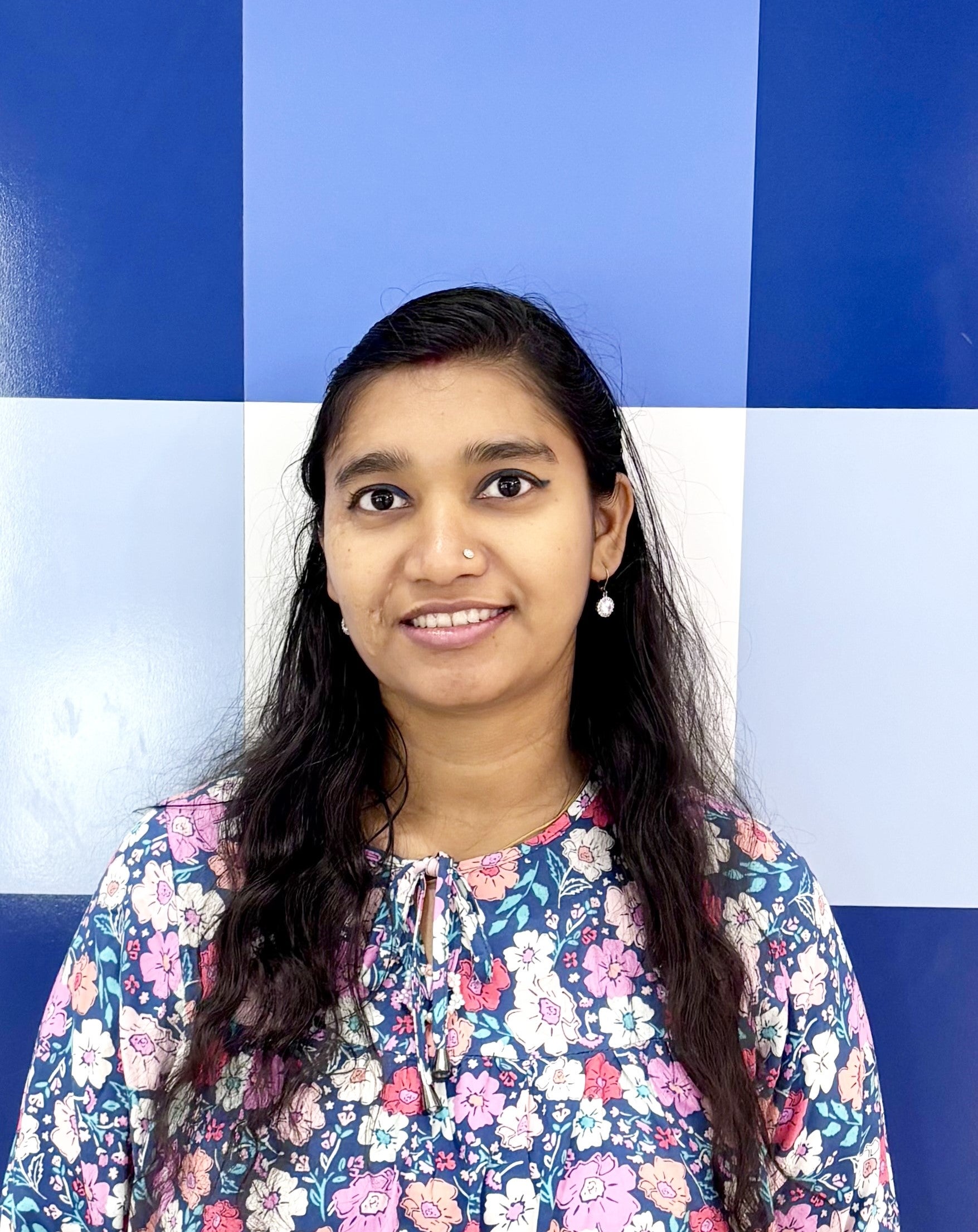



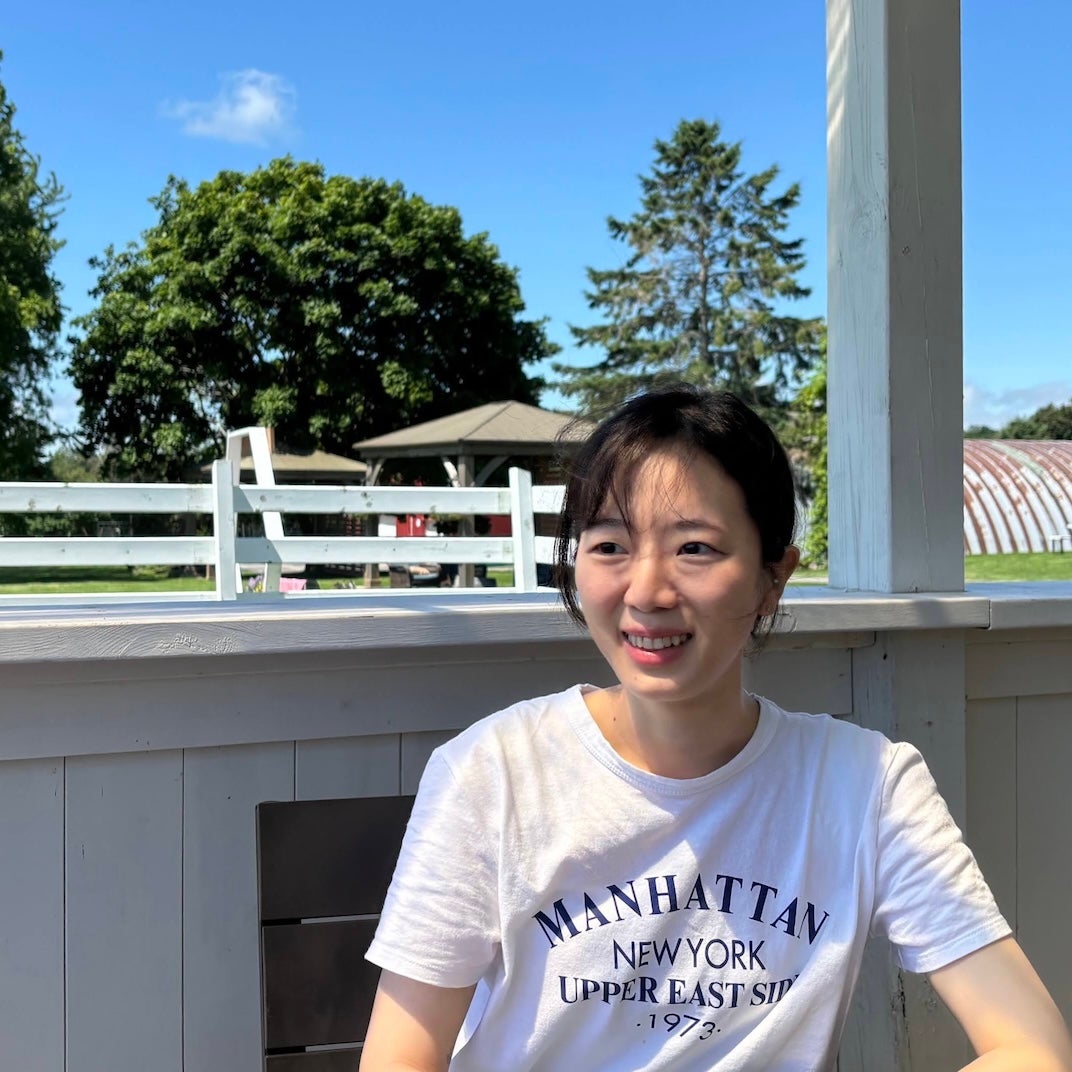

Speakers' Discussion Topics
Dr. Barbara Soda, Post-doctoral research fellow, Perimeter Institute for Theoretical Physics. "Relativity for Everyone". Did you know that “Moving clocks tick more slowly”? I will explain how time and space aren’t absolute, inspired by Einstein’s special relativity, and discuss how GPS satellites must correct for time dilation due to both speed (special relativity) and gravity (general relativity).
Emily Wedde, PhD Candidate, Chemistry- Nanotechnology, University of Waterloo. "Nanoscience: The Big Impact of Going Small". How can we make sense of the nano-scale? How do researchers work with nanomaterials? Learn how we “see” these tiny but mighty applications that are at the forefront of innovation in electronics, materials, and biotechnology.
Dr. Encieh Erfani, Postdoctoral Fellow, Perimeter Institute for Theoretical Physics. "The Universe as We Know It… and What We Don’t". The universe is vast, and ever-expanding—yet, despite centuries of scientific progress, we have only begun to scratch the surface of its deepest secrets. I will explore what we currently understand about the cosmos, from the Big Bang and cosmic evolution to black holes and the formation of galaxies.
Fiona Thompson, PhD Candidate, Institute for Quantum Computing, University of Waterloo. "Our Quantum Present and Future". Quantum technology is all around us, from lasers to atomic clocks. But what makes it so special, and what’s happening in the field now? I'll discuss the basics of the developing field of quantum information science and demonstrate how we can use the fascinating quantum properties of light to encode information.
Dr. Jennifer Williams, Postdoctoral Fellow, University of Toronto. "Exercise & Your Heart!". How does exercise affect heart function and blood flow to the body? Kids or the young at heart (hee hee) can join in a game of hopscotch/running through an obstacle course of the heart, lungs, muscles, and picking up/dropping off oxygen through this system. Participants can also view ultrasound images of hearts and arteries.
Dr. Libby George, Postdoctoral Researcher, Earth & Environmental Sciences, University of Waterloo. "Prince Edward Island Coastal Changes". The shores are a-changing! Coastal sand dunes in Prince Edward Island national park are evolving with climate change. I’ll talk about how these dunes move, grow, and die with changing weather events.
Meheta Datta, PhD Candidate, Chemistry, University of Waterloo. "DNA Detectives: Using DNA to detect toxic Quinine". Quinine is a molecule used in medicine, foods and more. At low levels it’s safe but if we consume too much it can be harmful to our health. DNA tools called aptamers can be used to detect quinine so we can protect our public water supply.
Michelle Faerman, PhD student, School of Public Health Sciences, University of Waterloo. "Mind Over Matter: Getting to Know the Brain". We will explore how different parts of the brain work together to help us think, feel, and move. Using colourful brain hats as a guide, we’ll walk through brain anatomy and function, and discuss related up-and-coming research in neuroscience.
Rachel McNamee, PhD Candidate, Biology, University of Waterloo. "From test tubes to lakes: studying microplastic and algae". Plastic pollution is everywhere. Good science takes patience. From lab experiments to controlled outdoor settings, and into whole lake ecosystems we are tracing how microplastics interact with algae – the very base of aquatic food webs.
Dr. Robin Duncan, Associate Professor, Biomedical Science, University of Waterloo. "Antiviral effects of cannabinoids". Virus infections start with just a few particles that hijack your cells, making them make billions more. Cells have natural defenses, but viruses can hide from them. Our research shows that cannabidiol and other cannabinoids can help cells prepare a better defense.
Yoni Ryuh, PhD Candidate, Earth & Environmental Sciences, University of Waterloo. "Secrets in the Salt: Why Scientists Study Bromine". What can ancient salt and underground water teach us about Earth’s history? Explore with me how scientists follow the chemical clues, especially bromine isotopes, in salt to reveal where water has traveled, how it’s changed over time, and what that means for understanding past climates.
Yubing Chen, PhD Candidate, Comparative Immunology, University of Waterloo. "Fish on a Bug Diet: Tasty Science for a Greener Aquaculture". Imagine farming fish without straining the ocean. That’s where bugs come in. I’ll share what happens inside a fish’s body when its diet shifts to include insect protein - and how that could help build a greener aquaculture industry.











